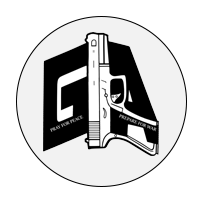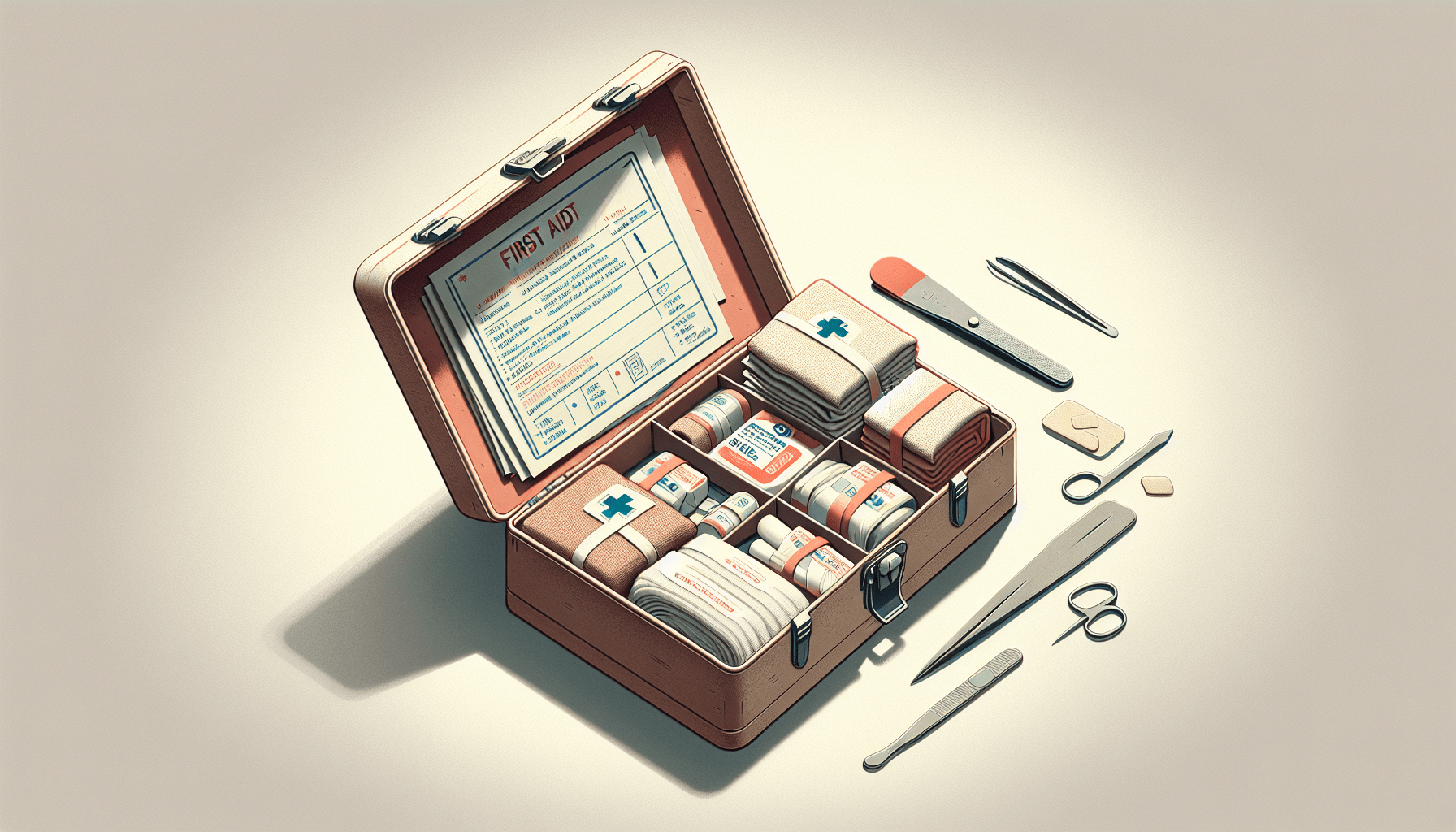Ever wondered what you would do if you or someone close to you suddenly experienced poisoning? It’s one of those nightmare scenarios you hope never happens but should be prepared for. Lucky for you, today we’re going to be discussing just that. By the end of this article, you should have a solid understanding of how to treat poisoning and exactly what steps to take next.
Identifying the Symptoms of Poisoning
First things first, how do you even know someone is poisoned? Symptoms can vary widely depending on the type of poison involved, the amount ingested, and the individual’s age and general health. Common symptoms include:
General Symptoms
- Nausea and Vomiting: These are often initial signs.
- Abdominal Pain: Sharp, localized pains.
- Dizziness or Drowsiness: Feeling unusually sleepy or disoriented.
- Difficulty Breathing: Shortness of breath or rapid breathing.
- Convulsions or Seizures: Uncontrolled shaking or body movements.
Specific Symptoms by Poison Type
| Type of Poison | Symptoms | Examples |
|---|---|---|
| Chemical & Household | Skin irritation, breathing difficulty, dizziness | Cleaning agents, pesticides |
| Food Poisoning | Diarrhea, vomiting, cramps | Spoiled meat, contaminated water |
| Drug Overdose | Confusion, slow heart rate, blue lips | Prescription meds, opioids |
| Plants & Berries | Upset stomach, rashes, hallucinations | Poison ivy, deadly nightshade |
Immediate Steps to Take
Alright, so you suspect poisoning, now what? Speed is of the essence here. Follow these general steps:
Stay Calm
Panic never helps; it only makes the situation worse. Take a deep breath, assess the situation, and think clearly.
Call for Help
Dial your local emergency number immediately. In the United States, that’s 911. Be ready to provide information like the person’s age, weight, symptoms, and any details about the suspected poison.
Remove the Person from the Source
If the poisoning is due to fumes or chemicals, get the person into fresh air immediately. Avoid exposing yourself to the same danger in the process.

Different Types of Poisoning: Specific Treatments
Let’s break it down further into specific categories to help you understand the tailored treatment approaches.
Chemical Poisoning
Chemical poisons can range from household cleaners to industrial chemicals. Here’s what to do:
- Safety First: Don’t forget to wear gloves and avoid inhaling fumes.
- Rinse and Clean: Wash the skin with soap and water if the poison is on the skin.
- Activated Charcoal: If instructed by a professional, you might need to administer activated charcoal.
Food Poisoning
Moldy bread? Leftover chicken that might be a tad too old? Food poisoning has been a guest at most of our dinner tables at some point.
- Hydrate: Dehydration is a major risk. Drink fluids like water, oral rehydration solutions, or clear broths.
- Rest: Let your body conserve energy to fight the poison.
- Avoid Anti-Diarrheal Medications: These might prolong the illness by keeping the poison in your system longer.
Drug Overdose
With cases rising each year, knowing how to handle this situation could save a life.
- Monitor Breathing: If breathing is slow or irregular, it’s crucial to inform emergency services immediately.
- Naloxone: For opioid overdoses, Narcan (naloxone) can reverse effects but should only be given if prescribed and instructed.
- Stay with Them: Try to keep the person awake and monitor their condition until help arrives.
Plant and Berries Poisoning
A little foray into the wild can sometimes result in an interaction with toxic plants.
- Remove Residue: Have the person rinse their mouth thoroughly and spit out any remnants.
- Milk or Water: Drinking small amounts might help dilute the poison.
- Seek Medical Help: Contact a poison control center for specific advice.
What Not to Do
It’s often as important to know what not to do. A few missteps can exacerbate the situation significantly.
Don’t Induce Vomiting
It may seem logical to get the poison out, but inducing vomiting can lead to further complications.
Avoid Home Remedies
Many well-meaning people might advise you to drink milk or swallow raw eggs. Stick to professional advice.
Don’t Delay
Every minute counts. It’s better to err on the side of caution and seek medical advice immediately.

Aftercare and Monitoring
Once the immediate danger has been managed, aftercare is crucial for full recovery.
Follow-Up with Healthcare Providers
A visit to the doctor is essential even if the person appears to have fully recovered. Blood tests and other diagnostics may be necessary.
Medication and Rest
Follow through with prescribed medications and plenty of rest to allow the body to fully recuperate.
Monitor for Long-Term Effects
Some toxins can have delayed effects that might not show up immediately. Be vigilant for any changes in health or behavior.
Prevention Tips
They say prevention is better than cure, and they’re right!
Household Chemicals
- Store Safely: Keep chemicals in locked cabinets out of reach of children.
- Label Clearly: Never reuse containers and make sure everything is clearly labeled.
Food Safety
- Cook Thoroughly: Ensure meats are well-cooked.
- Refrigerate Promptly: Don’t leave perishable foods out for too long.
- Hand Washing: Always wash hands before handling food.
Medications
- Follow Dosages: Stick to prescribed dosages and keep medications in their original containers.
- Dispose Properly: Out-of-date medicines should be disposed of at a pharmacy.
Outdoors
- Education: Learn to identify toxic plants and berries in your area.
- Supervision: Keep a close eye on children and pets while outdoors.
Why Green Line Arms Recommends First Responder Training
When emergencies like poisoning strike, the more you know, the better your chance of saving a life. At Green Line Arms, we’re all about preparedness. While we’re your go-to for firearm training and safety, we also advocate for first responder medical training. You never know when these skills could come handy.
Here’s why visiting Green Line Arms makes sense:
- Comprehensive Training Programs: Not just for firearms but for emergency medical situations too.
- Expert Instructors: Knowledgeable staff will guide you in learning life-saving techniques.
- State-of-the-Art Virtual Range: Experience realistic scenarios in a controlled, safe environment.
Contact Green Line Arms
Thinking about getting serious with your preparedness game? Visit Green Line Arms at:
1350 South Blue Angel Pkwy
Pensacola, Florida 32506
850-285-0468
Green Line Arms Website
We all want to live in a safer world, and a little knowledge can go a long way. Whether it’s knowing how to properly handle a firearm or understanding the nuances of poison treatment, Green Line Arms is dedicated to helping you become a responsible and prepared individual.
And there you have it—everything you need to know about treating poisoning and what to do next. You may never face such a situation, but if you do, the steps outlined here can help you handle it effectively. Stay safe!




